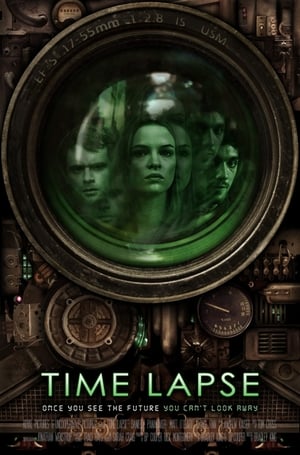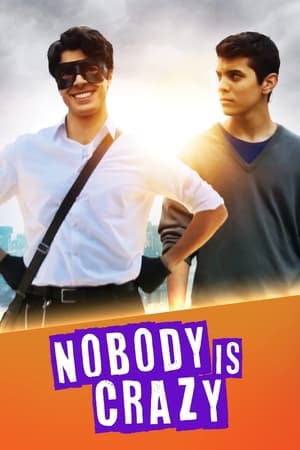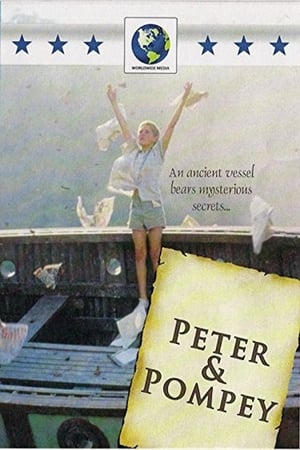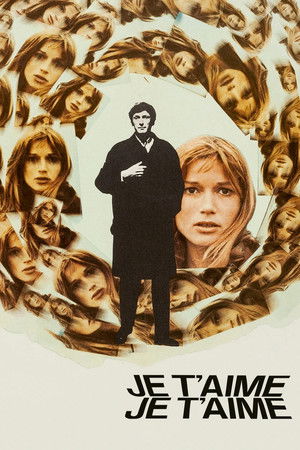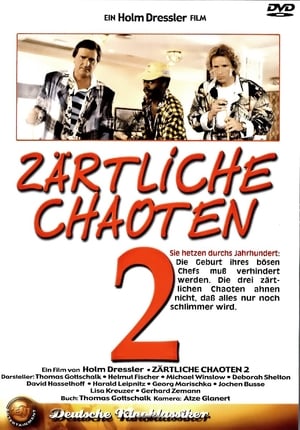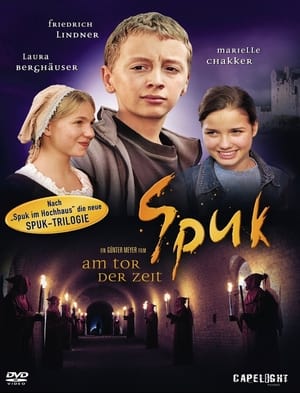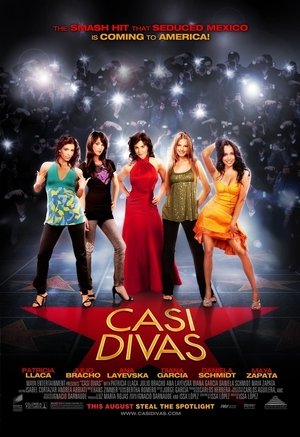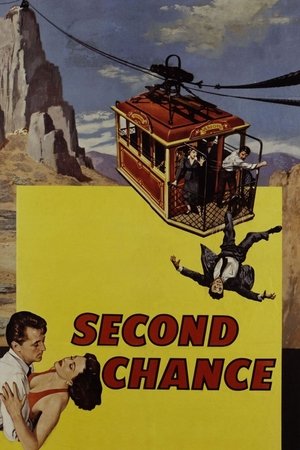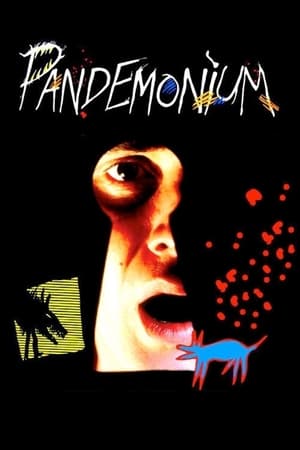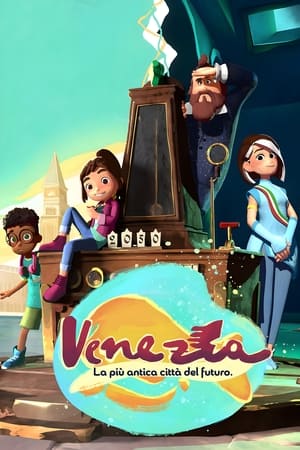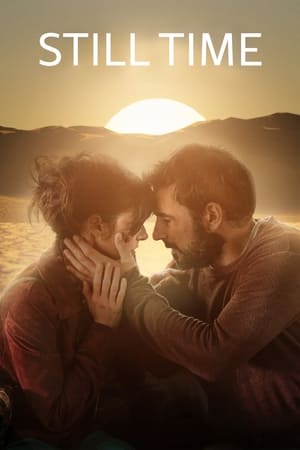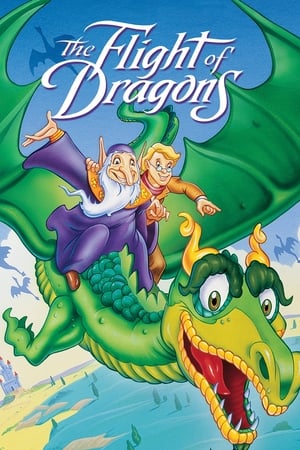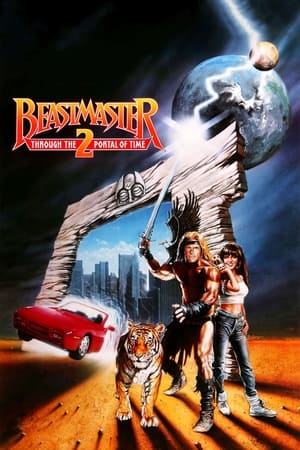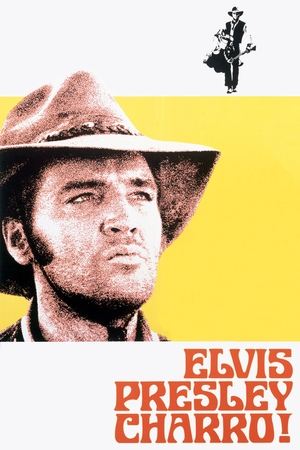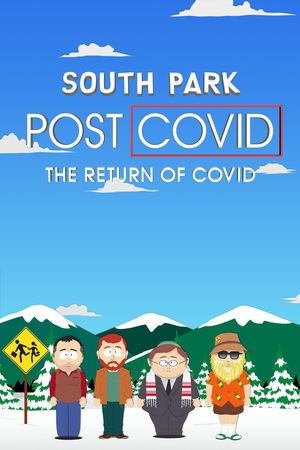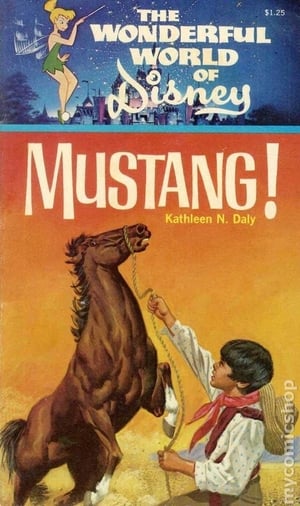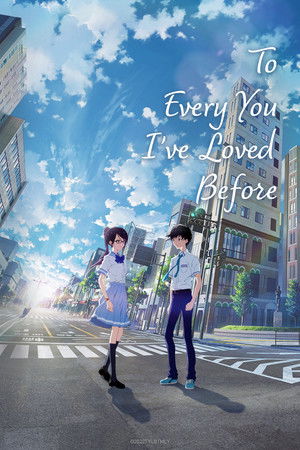Overview
The TARDIS materialises inside an Aztec tomb. Outside it, the Doctor and his companions soon discover that Mexico in the 15th century is a bloodthirsty and dangerous place... And with Barbara mistaken for a reincarnation of an ancient high priest called Yetaxa, the history teacher thinks that she can put an end to the barbaric human sacrifices once and for all. But can she rewrite history without disastrous consequences?
Reviews
DOCTOR WHO, SEASON 1!
Watched from March 11th, 2020 to April 8th, 2020.
I, Gargus, being the greatest proponent of Classic Doctor Who not deserving a space on letterboxd for myriad reasons pertaining to classification and inconsistency with the revival series, do hereby begin a season-by-season review of Classic Doctor Who on letterboxd because I've started watching the episodes in the background at work with Jackie and have nowhere else to put my thoughts. Crown me the King Hypocrite at your leisure so we can get on with the writing. These reviews are just gonna be rankings of each serial from each season, with some brief thoughts on their merits and anything I found interesting, logged only on the serial I consider the best to avoid cluttering my diary too much. Conditions established, let's head all the way back to 1963-1964, back when all we had was a police box, an enigmatic old man, two schoolteachers, and an unearthly child...
1 - The Aztecs: I greatly look forward to when four-episode stories become the norm on Doctor Who, because the series more readily fills the time with satisfactory material than it does during longer journeys. This early historical centers its main conflict around Barbara positioning herself as a reincarnated goddess in vain hope of halting the Aztecs' practice of human sacrifice and "saving" them from Cortez's arrival, with smart emphasis on just why such a plan wouldn't work. There's clearly defined conflict with guest characters whose eeeeeevil ways are really just the culture as it was at the time, sympathetic characters whose help often digs the TARDIS crew into a deeper hole, and proper emphasis on how those who seem most on the companions' side are the outliers in this period of history. The whole story makes a good chance for Jacqueline Hill to take the spotlight and play her character in a position of power and necessary humbling, while William Russell gets some rare well-staged action scenes as Ian, and William Hartnell shows off both a softer side to the Doctor and a more righteous dimension to his strict nature. You do have to accept the liberal use of skin-darkening makeup on British actors and the occasional line about how these savage Aztecs were never MEANT to become civilized, but John Lucarotti's writing and John Crockett's execution are strong enough to make it clear we're saying something more intelligent than the day's biases would indicate.
2 - Marco Polo: Y'know how I said the longer serials could lead to weaker writing? Here's an example of how to make seven episodes go by like nothing. Another script by Lucarotti sees the Doctor and companions picked up by the famed Italian merchant on his way to see Kublai Khan after the TARDIS malfunctions, and concerns itself with a journey across Asia as they try repeatedly to ferret themselves away while unknowingly keeping Marco safe from his duplicitous second-in-command Tegana. Each episode keeps constant forward momentum as we encounter deadly sandstorms, caves of assassins, deceptive waystations, and bamboo forests full of treachery, while still making time to hear some poetry, learn some science, and play around with a friendship between Carole Ann Ford's Susan and guest Zienia Merton as Ping-Cho. Lost though this serial is in its entirety, the surviving telesnaps in the Loose Cannon reconstruction illustrate a wide variety of location sets and costumes to illustrate the story, and while the set-up of Marco Polo choosing to believe Tegana over the Doctor to his own detriment crops up repeatedly, it always ends in some new problem for the characters to overcome, doing a fair job of painting Marco as a relatively complex character. If there's anything majorly wrong (aside from all the really bad fake Asian accents and yellowface, as to be expected), it's how the serial stretches its legs so freely over seven episodes, only to suddenly finish off every plot thread in a five-minute rush during the final entry. Still, plenty for everyone to do all round, and a pleasant listen.
3 - The Edge of Destruction: Feels for all the world like a modern episode of the series transplanted into the classic mode. Only two parts as per a scheduling issue (the series faced early cancellation after only 13 episodes until the second serial's success), and stronger for it, this story by David Whitaker sends the TARDIS hurtling uncontrollably towards the beginning of the universe, and keeps the characters in the dark as to what's happening or why in favor of placing them under psychological strain. Psychological strain by the standards of a 1960s Saturday evening children's program, of course, but this only leads to weird bouts of amnesia, mistrust, and the threat of something having gotten inside the ship, which enhances the creepiness. That it all comes down to frayed nerves under turbulence and something so simple as a mechanical spring not engaging properly is a delightful resolution, and gives William Hartnell space for a pretty atmospherically-shot speech - props to Frank Cox's direction there. It also introduces the idea of the TARDIS' sapience, which is a fun bonus.
4 - The Sensorites: For most of this first season, I agree with Carole Ann Ford that Susan is a heavily underwritten character, good only for acting ten years younger than she really is and acting a dead weight at crucial moments. This Peter R Newman story thankfully gives her more to do by playing up a telepathy angle and placing her into conflict with her grandfather on how to deal with the easily overstimulated Sensorites, her strongest showing of the series. I understand there's issues here - Jacqueline Hill's written-in holiday absence is the most obvious of the four in the season, the Sensorites are a profoundly silly race with their wispy beard hair and paunch-enhancing jumpsuits and crippling overreliance on decorative sashes to tell one another apart, the whole thing loses some steam in the final episode with a fitting yet unexciting twist - but I find it a charming entry all the same. A changing scenario is always appreciated in these longer stories, and the Sensorites going from vague menace to willing allies to splintered factions who need the Doctor's help and plot his downfall gives us plenty interesting incident to fill the time. Hartnell gets to play both smartest man in the moon and petulant old fuddy-duddy depending on the situation, which reads very well as an extension of the new series' examination of just how far apart the arrogances of youth and age truly are. Gotta praise Mervyn Pinfield's use of montage in episode 4.
5 - The Daleks: The Daleks themselves are unimpeachable. Much of their behavior and lore is absent from this first Terry Nation outing as mutants crouched in mechanical casings in perpetual stalemate against the Thaals on Skaro, but the look is there, the voices are there, and the air of menace is definitely there as they bark about nuclear holocaust and casual extermination. Were this serial just the crew getting caught in the Dalek city and narrowly escaping their clutches, I might rank it higher as an excellent slice of pure 1960s thrills. Unfortunately, we've three episodes with the Thaals afterwards, and it's here I think the longer serials show how they can suffer, for there's a lot of weakly-written arguing about pacifism, skulking in dark caverns with little difference in situation based on who's gone where, and precious little time for the Daleks to interact with anyone except other Daleks. It goes from fun character-driven adventure with a clear ticking clock and a two-layered conflict between internal trust and external threat, to a bit of a slog that could easily involve any characters and foes, and still turn out largely the same. There's a reason the Daleks returned time and time again, and it's probably related to the reason they were never again the side character inhabitants of a base under siege - their stories become a bit of a bore when they're not the constant focus.
6 - The Keys of Marinus - A Terry Nation travelling story for which I have little use. The Doctor and companions are forced into a fetch quest for the keys to a planet-wide mind-control machine, and while it certainly has a wide variety of locations and concepts to play with, it's all so disconnected and underexplored as to feel halting and dissatisfying. An episode about a time-accelerated jungle is mostly spent on low-budget booby traps, a cavern of ice guarded by ancient warriors is given minimal attention compared to a weirdly ineffectual mountain man, and the commissioned-by-the-BBC Next Dalek Craze aliens the Voord are both goofy and unwieldy, and afforded practically no focus in the first episode before vanishing into nothing until the very last episode. Fortunately, the second entry, about a city of illusions, is built to the BBC's set-dressing and costuming strengths and gives Barbara something to do against some brain-jar aliens, and the fifth episode lets the Doctor play lawyer in what's probably my favorite single 22 minutes of the whole run. Unfortunately, these are only single episode diversions rather than the longer installments their stronger concepts deserved, and the resolution to the fifth episode spills into the sixth, further weakening the Voord's presence and condemning them to obscurity. Marinus seems a really awful place, and I'm glad we never come back.
7 - An Unearthly Child: The traditional characterization is accurate - an eye-catching first episode that establishes one of television's most flexible, longest-enduring concepts, and then three episodes of iffy caveman politics. There's a stronger concept for Susan in the first episode I'm not sure we should attribute to CE Webber's initial treatment or Anthony Coburn's final script, though I'm inclined to say the former, considering she devolves into the flighty five-year old Ford was stuck playing almost immediately. All the business with who'll become firemaker and leader is kinda interesting if taken on its own, and some of the duplicitous moves from a character credited as only Old Woman are make appreciable plot turns, but on the whole we're not giving our new cast much chance to show off their personalities or use their individual skills. The prehistoric age is just too barren a place to let anyone stand out proper. This said, the moment when the companions band together to save one of the cavemen in episode three and have to stop the Doctor from blithely bashing the man's head in makes a good bonding moment and fair point for Hartnell's portrayal to evolve beyond. Still, no small wonder the show needed The Daleks to boost ratings and avoid early cancellation; its choice for first adventure doesn't do a good job selling this adventure in time and space as much worth long-term investment.
8 - The Reign of Terror: Each of the seven other serials in this season contains at least one episode I can point to and say, "I like this all the way through." No such luck in this Dennis Spooner script, which alternately locks the companions in small dungeons, spirits them away under the wings of anti-revolution resistance members, puts them back in the dungeons, breaks them out, back in, out, in, out, on and on with no clear destination. Jacqueline Hill and Carole Ann Ford have their weakest material here, and William Russell's prefilmed inserts amount to little more than busywork until the plot decides he's free to go. For Hartnell's part, he has entertaining scenes where he has to break free from a temperamental taskmaster with a few tricks and a whack over the head, or when he buys his enormously ostentatious regional officer outfit, but even the Doctor is left conversationally spinning his wheels sans a clear destination most of the time. Even the sets are kinda dingy and underlit through Henric Hirsch's camera, doing nothing to take advantage of the BBC's experience with period staging. Apparently this one suffered some conflict between the cast and director, and everyone was bound to feel exhausted after such a grueling shooting schedule in the preceding ten months, so it's a relief when the crew escape to the TARDIS and head for destinations unknown without my understanding what we gained by stopping in Paris. An unsatisfactory end to the season, alas.
But! We've only just started! One season down, twenty-five to go! I should probably save these write-ups on my computer in case someone on Letterboxd or TheMovieDatabase agrees with my old "these don't belong on the site" idea and deletes the whole lot!
This four-parter allows "Barbara" (Jacqueline Hill) a little more of the plot as the time travellers arrive at the height of the Aztec empire. Despite firm instructions from the "Doctor" (William Hartnell) not to wander, she goes for a stroll and is soon apprehended on the wrong side of a stone door by "Autloc" (Keith Pyott) who takes her somewhat miraculous arrival as a sign from their god "Yetaxa". Next thing, she's the High Priestess and she and her colleagues are all having to walk a fine line between the powers that be in the city and those more sceptical of her appointment and who turn things distinctly perilous for poor old "Ian" (William Russell) who ends up at the mercy of the malevolent "Tlotoxl" (John Ringham). He also has it in for "Susan" (Carole Ann Ford) too! This story works quite well mixing a solid base of interesting mythology with some decent writing and plenty of intrigue as the wooden axes become increasingly sharpened! There are no special effects to speak of, so no latex and polystyrene distractions from quite an entertaining and well-paced adventure.

 100 min
100 min
 7.5
7.5
 1964
1964
 United Kingdom
United Kingdom
 GargusSCP wrote:
GargusSCP wrote: